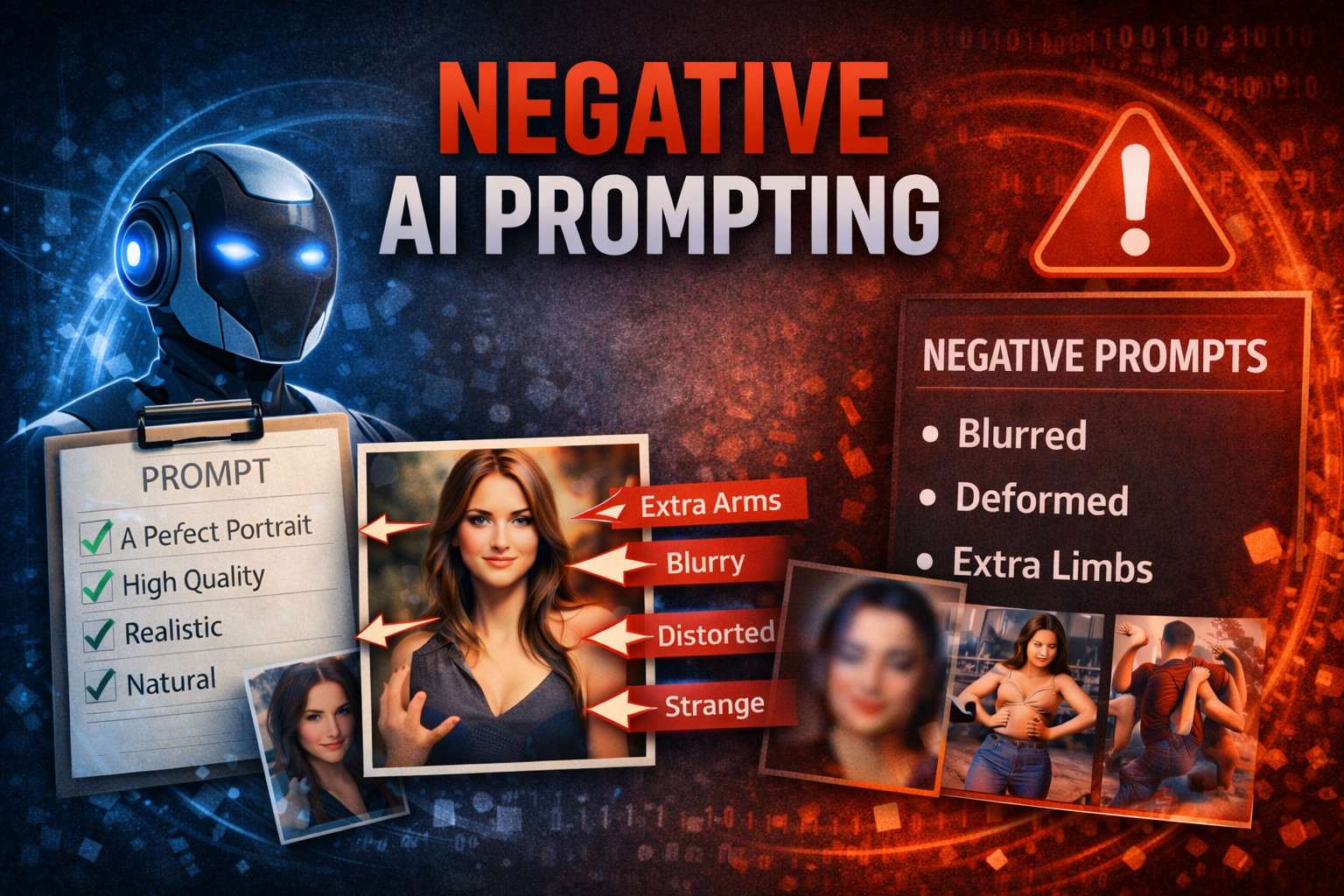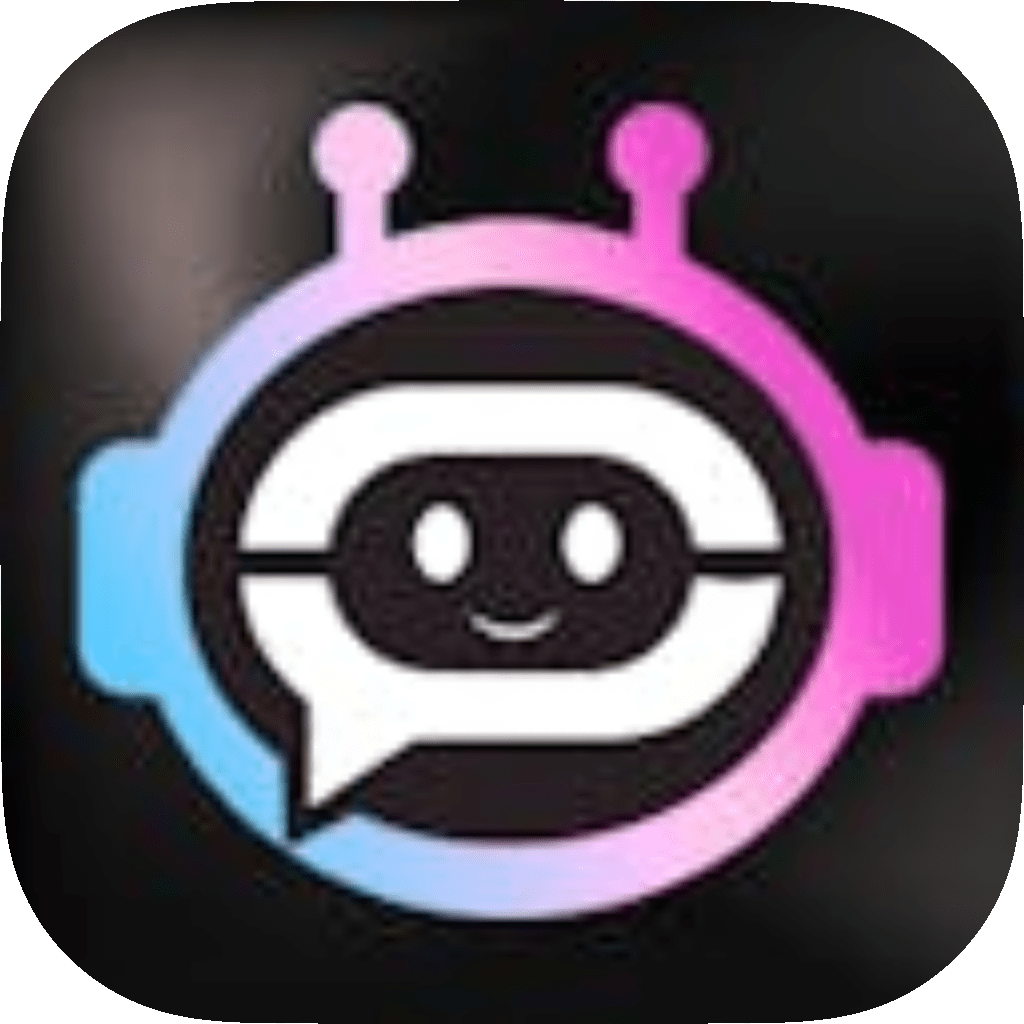
In today’s digital age, the Internet is an invaluable resource for finding detailed information about artificial intelligence (AI). From basic concepts to complex theories and practical applications, there is an overwhelming amount of information available online. Whether you’re a curious beginner or an experienced professional, the internet can provide a wealth of resources to deepen your understanding of AI. Here’s how to efficiently navigate the vast landscape of AI knowledge on the web.
1. Start with Reputable Websites
The first step in your search for detailed AI information is identifying reliable and reputable sources. Websites like Arxiv.org, Google AI, and OpenAI offer cutting-edge research papers, articles, and technical resources. Arxiv.org, for example, hosts a vast collection of peer-reviewed papers on machine learning, neural networks, and other AI subfields. Google AI and OpenAI regularly publish research papers and blog posts on the latest breakthroughs, providing an excellent overview of current trends in AI.
2. Use Online Courses and Tutorials
If you’re looking to gain a deeper, structured understanding of AI, online courses are an excellent option. Platforms such as Coursera, edX, and Udacity offer courses taught by experts in the field. These courses range from introductory lessons in machine learning to advanced courses on deep learning, natural language processing (NLP), and reinforcement learning. Many courses are designed by leading institutions like Stanford, MIT, and Google, ensuring that the content is both high-quality and up-to-date.
3. Engage with AI Communities
AI forums and online communities are great for finding detailed information and connecting with other AI enthusiasts. Websites like Stack Overflow, Reddit’s r/MachineLearning, and AI-focused forums allow users to ask questions, share resources, and discuss the latest advancements in the field. These communities are also valuable for troubleshooting issues, discovering new tools and frameworks, and gaining insights from both novice and expert perspectives.
4. Blogs and News Sites
For more digestible, real-time updates on AI, blogs and news sites can be a great resource. Popular tech blogs such as Towards Data Science, Medium, and VentureBeat frequently cover AI topics, offering easy-to-read articles, tutorials, and case studies. These sites cover everything from AI ethics to specific technical advancements, providing a wide variety of information for different levels of expertise.
5. Research Papers and Journals
For those interested in the more technical aspects of AI, reading peer-reviewed research papers is essential. Journals like Journal of Artificial Intelligence Research (JAIR), IEEE Transactions on Neural Networks and Learning Systems, and Neural Networks contain highly specialized articles that go in-depth into various AI techniques and theories. While the language can be dense and technical, these papers are where some of the most groundbreaking AI developments are first published.
6. Books and eBooks
Books are another great way to dive deep into AI. Some excellent introductory books include “Artificial Intelligence: A Modern Approach” by Stuart Russell and Peter Norvig, which is widely regarded as the definitive textbook for AI. For more specialized topics, books on deep learning, reinforcement learning, or AI ethics can provide a thorough understanding of these areas. Many of these books are also available as eBooks or audiobooks, making them accessible on the go.
7. Video Lectures and Documentaries
If you’re more of a visual learner, video lectures and documentaries can be highly engaging. Platforms like YouTube host countless videos on AI, ranging from simple explainers to in-depth tutorials. Many universities, including MIT and Stanford, also offer free video lectures of their AI courses, allowing you to watch top-notch academic content from the comfort of your own home. Documentaries like “AlphaGo” and “The Age of AI” provide insightful looks at the real-world impact of AI technologies.
8. AI Tools and Libraries
Hands-on experience is one of the best ways to learn about AI. Platforms like Kaggle, Google Colab, and TensorFlow provide access to open-source AI models, datasets, and coding environments. Working with these tools allows you to experiment with machine learning algorithms, build AI models, and apply theoretical knowledge in practical settings.
9. Stay Updated with Conferences
AI conferences like NeurIPS (Neural Information Processing Systems), ICML (International Conference on Machine Learning), and CVPR (Conference on Computer Vision and Pattern Recognition) are excellent venues for keeping up-to-date with the latest research and innovations. Many of these conferences make their proceedings, presentations, and workshops available online, often for free, so you can access the latest AI findings as soon as they are presented.
10. Be Cautious of Misinformation
While the internet is a goldmine of information, it is important to critically evaluate the sources you come across. Be cautious of pseudoscience or oversimplified claims that often circulate on unverified blogs or social media platforms. Stick to credible academic sources, verified platforms, and experts in the field when seeking detailed AI knowledge.
Conclusion
The Internet offers a treasure trove of information on artificial intelligence, whether you’re looking for research papers, online courses, expert opinions, or practical tools. By combining resources like academic papers, online tutorials, AI communities, and news updates, you can build a comprehensive understanding of AI. The key is to stay curious, be critical of your sources, and keep exploring the vast and ever-evolving world of AI.

